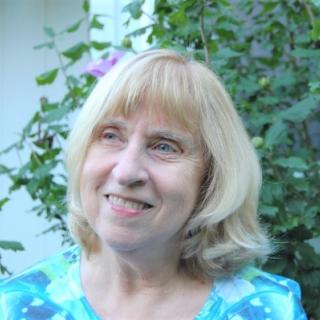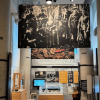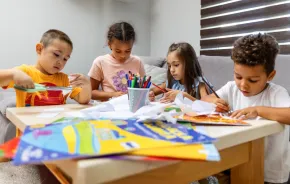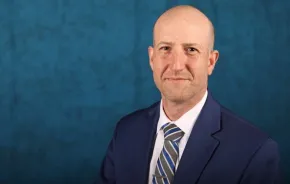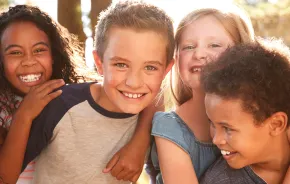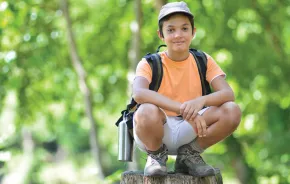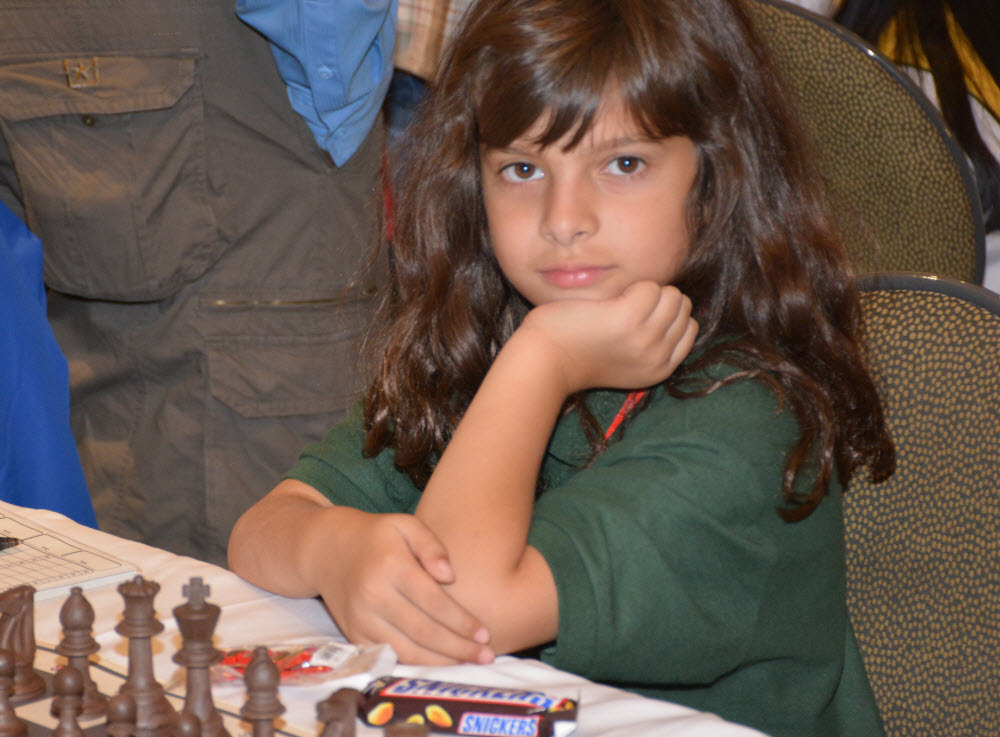
Nine-year-old Anjali Walsh, a chess player and student at Cascadia Elementary in Seattle, can’t wait to see an advance screening of the new Disney movie Queen of Katwe, which tells the story of how a girl from one of the poorest slums of Uganda, Phiona Mutesi, became a chess champion. The production company, along with the Washington Chess Federation, invited Anjali and other young chess lovers to preview the film before its national release in theaters.
Like many other young chess players, Anjali sees Phiona as a great role model for girls. But Anjali has a closer connection to Mutesi than most viewers. Two years ago they met in person when Mutesi visited Seattle. Anjali came away from that event with an autographed copy of Mutesi’s book, also titled Queen of Katwe, and a new sense of inspiration.
The movie may show Anjali some brilliant new moves, but she’s already an accomplished chess player with her own claim to fame. At the age of 8 she became the world’s youngest licensed international chess trainer. FIDE, the World Chess Federation, held a 15-hour seminar at the Bunratty Chess Festival in Ireland while she was there competing and visiting relatives. Anjali and her father, Walter Walsh, associate professor at the University of Washington Law School, both signed up.
“She passed the tough written test after the seminar with flying colors while I had beads of sweat on my brow the entire time," says Walsh.
Anjali is now able to teach others about critical elements of the game, which gives her an additional skill beyond mastering chess. Only a handful of licensed trainers exist in the Pacific Northwest.
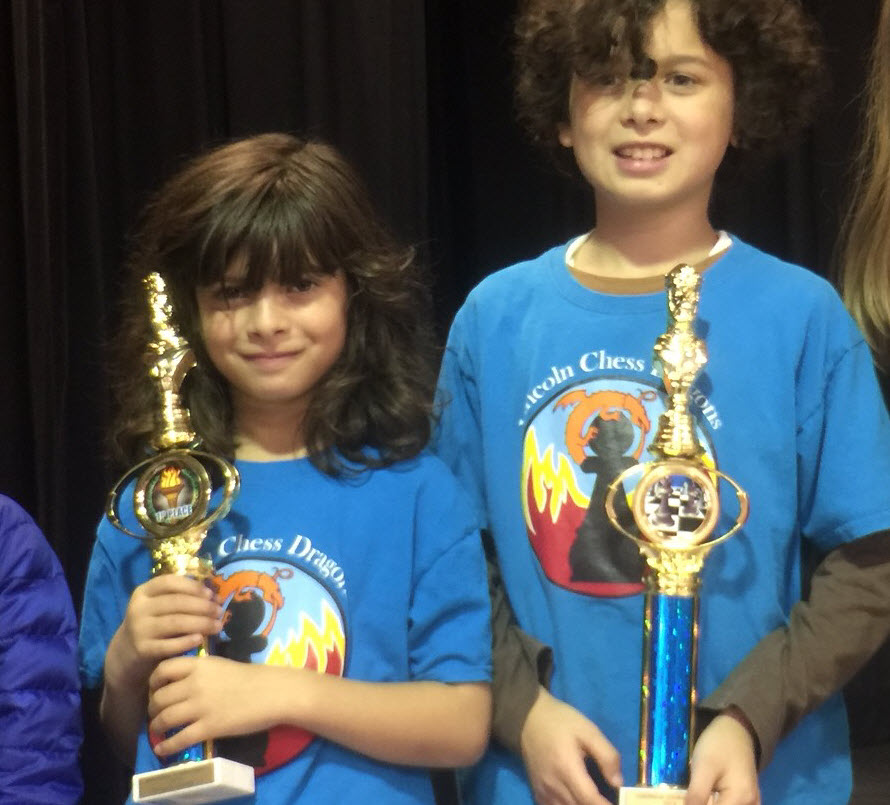
An early interest
How did Anjali develop a passion for chess at a young age? She first became curious about the game at age 5 when her brother, Ciaran, who is two years older, started playing. She would help Ciaran with his chess homework by holding back the answer sheet until he solved the puzzles.
Her father encouraged Anjali by teaching her some simple strategies used for beginning chess players. He also took the family to see the movie Brooklyn Castle, a documentary about an inner-city school that became national chess champions.
Eventually Anjali joined her school’s chess team. Last year and the year before Cascadia’s team, the Chess Dragons, made up of more than 100 active players, secured the title of U.S. National K3 Blitz Champions.
“These are lightning-fast games that reward precise split-second thinking,” says Walsh.
Her father believes Anjali’s success with chess stems from playing with other students. They make each other better, he says, and they also have great fun eating pizza and playing the game. She also practices, and tries to keep up with Ciaran.
Anjali says, “I like chess because it’s interesting and fun to play. I like playing in tournaments against many different people. When they are better than me, I get to challenge myself.”
Playing this game of pure skill has taken Anjali and Ciaran, who is also a Chess Dragon, to competitions throughout Washington state and much farther. Because the Walsh children’s father is an Irish immigrant, they have dual nationality and have qualified to play for the International Ireland Junior Chess Team. They have competed in Dublin and Bunratty, Ireland; and they were chosen to represent Ireland in the World Youth Chess Championships last fall in Halkidiki, Greece.
Closing the gender gap in chess
The brain benefits of learning and playing chess have been well documented, but — puzzlingly —more men than women have traditionally played and competed at the game. Though girls and women are playing chess in greater numbers, the imblalance continues, especially at the highest levels of the game (according to this 2016 New York Times article, the world's top 100 playes are all male).
It's not a factor for Anjali. She says sometimes the boys on her team get tough, but they aren’t unwelcoming. She doesn’t see that much difference between girls and boys when it comes to chess.
Her father believes that the gender gap is closing. "To some extent we’ve turned that corner," he says. "A few years ago, not that many girls played, now more girls are playing. The U.S. has a higher representation of girls now than any other country.”
Anjali still looks up to her brother as a better player than she is, but not because he’s a boy. Ciaran, she says, has been playing longer.
Ciaran, for his part, praises his sister's skill. “Anjali is patient, thinks through and then makes tactical moves. She follows the advice of her master-level coaches and worked hard to become the world’s youngest FIDE trainer.”
Beginning moves: Local chess programs
Around Puget Sound, your child can get started playing chess at the following places:
Chess4Life: This program organizes a range of camps, classes, clubs and tournaments on the Eastside. Schedule a free 45-minute private lesson by calling 425-283-0549.
Orlov Chess Academy: With locations in Redmond and Seattle, Orlov also offers camps, classes and clubs.
Detective Cookie's chess club: This free chess club for kids is held every Tuesday from 2:30–4 p.m. at Rainier Beach public library in Seattle.
Where to play online.
Shredderchess.com: Recommended by Anjali and Ciaran Walsh, this site posts a “Puzzle of the Day” for all level players.
Chesskit.com: A fun site, another favorite of Anjali's, where you can play against kids in other countries.
Great chess books
The Batsford Book of Chess for Chldren for Children by Sabrina Chavannes: A boy and a girl, both obsessed with chess, explain the ins and outs. For kids ages 7 and older.
Chess is Child’s Play: Teaching Techniques that Work, by Laura Sherman and Bill Kirkpatrick: Written by parents for parents who want to teach their children to play chess.
My First Chess Book, by Jessica Prescott. A book with easy and fun chess-based activities for kids ages 7–11.




